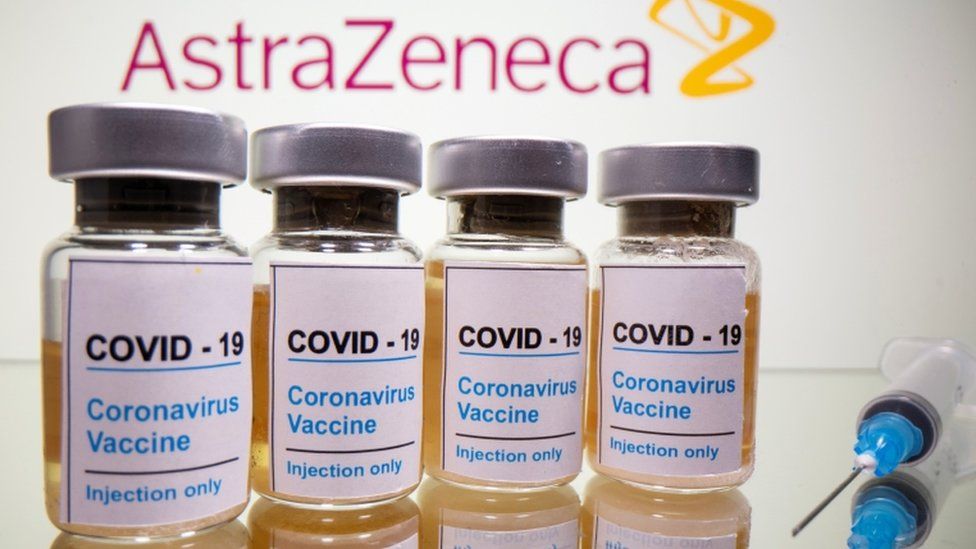The Oxford/AstraZeneca vaccine is one of the Covid-19 vaccines listed by the World Health Organisation (WHO) for emergency use.
The vaccine is recommended for the following group of people
· Persons with comorbidities that have been identified as increasing the risk of severe Covid-19, including obesity, cardiovascular disease, respiratory disease and diabetes.
· People who have had Covid-19 in the past.
· Breastfeeding women if they are part of a group prioritized for vaccination.
The vaccine is not recommended for the following group of people
· People with a history of severe allergic reaction to any component of the vaccine
· Persons younger than 18 years of age pending the results of further studies.
The recommended dosage
· Two doses given intramuscularly (0.5ml each) with an interval of 8 to 12 weeks.
· Additional research is needed to understand longer-term potential protection after a single dose.
The efficacy of the vaccine
· The AZD1222 vaccine against Covid-19 has an efficacy of 63.09% against symptomatic SARS-CoV-2 infection.
· Longer dose intervals within the 8 to 12 weeks range are associated with greater vaccine efficacy.
What then are the issues around the AstraZeneca Vaccine?
· In February, neighbouring South Africa suspended its vaccination campaign against Covid-19 after a new study revealed that the AstraZeneca vaccine was less effective against a variant of the virus found in that country.
· Reports of blood clots in some people who received the AstraZeneca-Oxford shot led several countries — many of them in Europe — to temporarily stop using the vaccine.
· The Democratic Republic of Congo (DRC), in Africa has also followed suit.
What is WHO’s position on the AstraZeneca Vaccine?
· WHO says vaccination against Covid-19 will not reduce illness or deaths from other causes.
· In extensive vaccination campaigns, it is routine for countries to signal potential adverse events following immunization but this does not necessarily mean that the events are linked to vaccination itself although they need to be investigated.
· WHO says it is in regular contact with the European Medicines Agency and regulators around the world for the latest information on Covid-19 vaccine safety.
· The WHO Covid-19 Subcommittee of the Global Advisory Committee on Vaccine Safety is carefully assessing the latest available safety data for the AstraZeneca vaccine.
· The global health authority has said once that review is completed, it will immediately communicate the findings to the public.
· For now WHO considers that the benefits of the AstraZeneca vaccine outweigh its risks and recommends that vaccinations continue.

